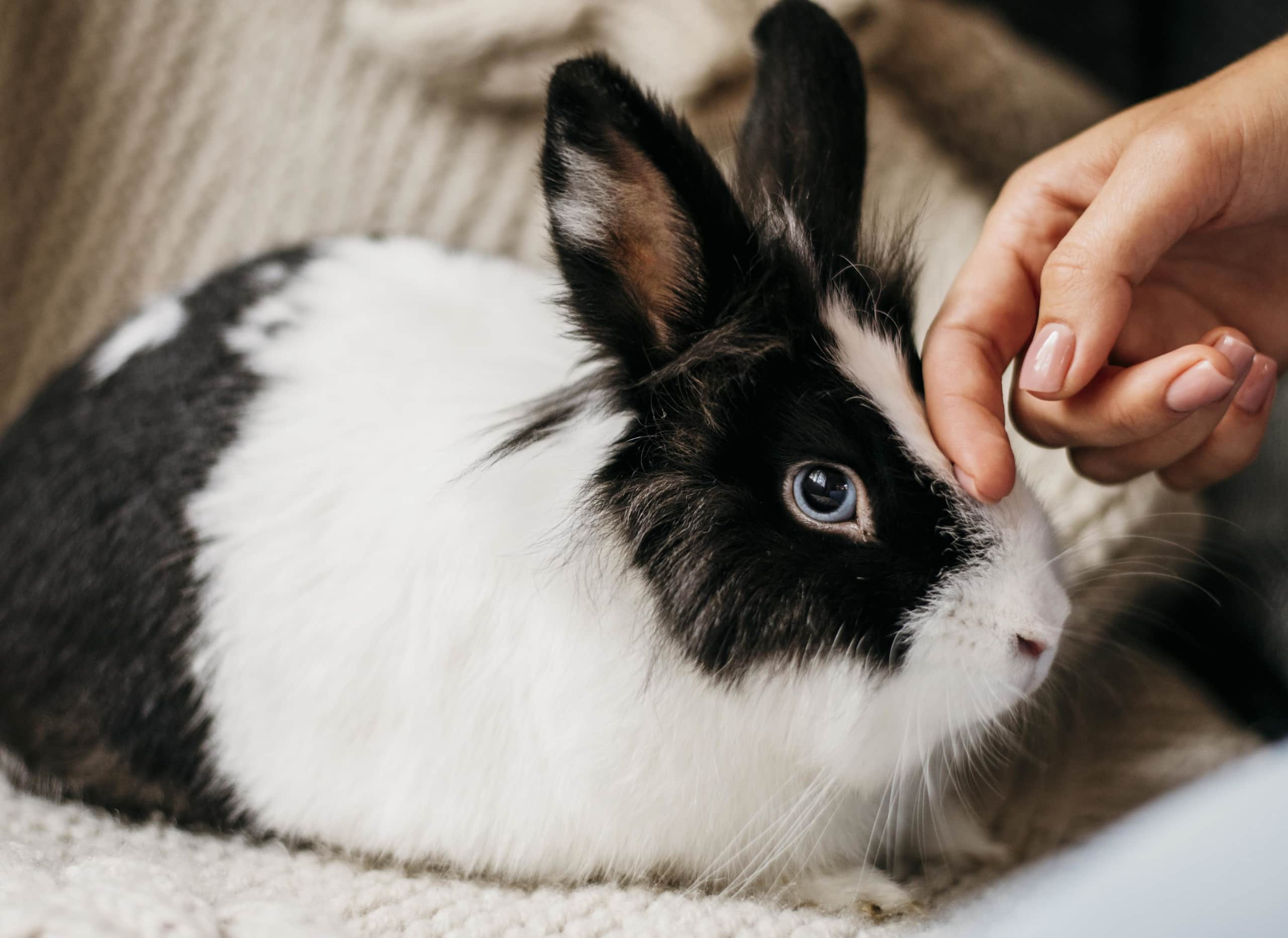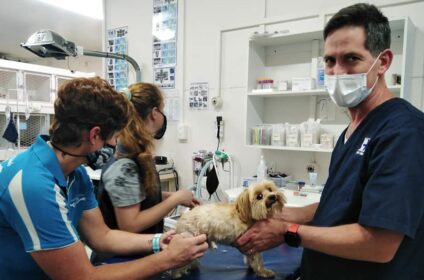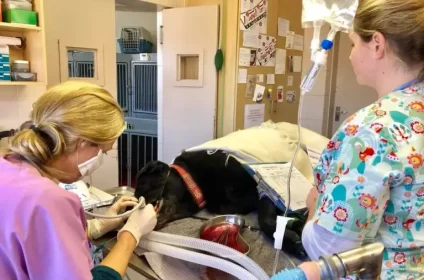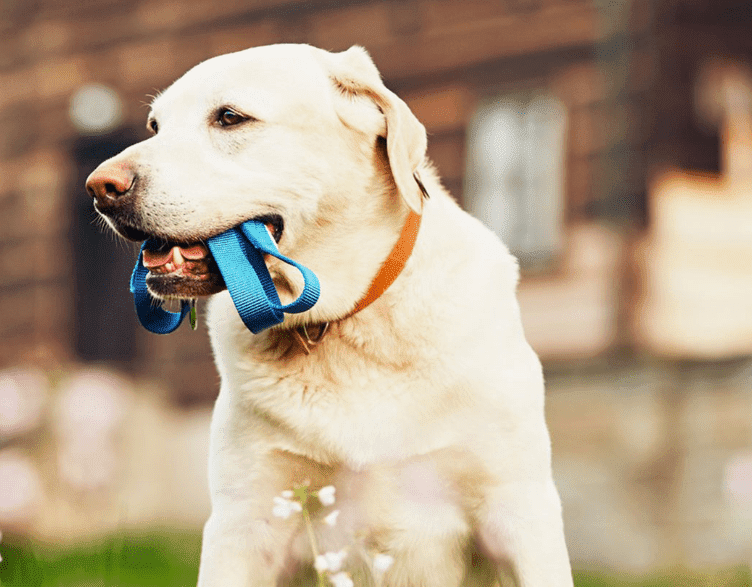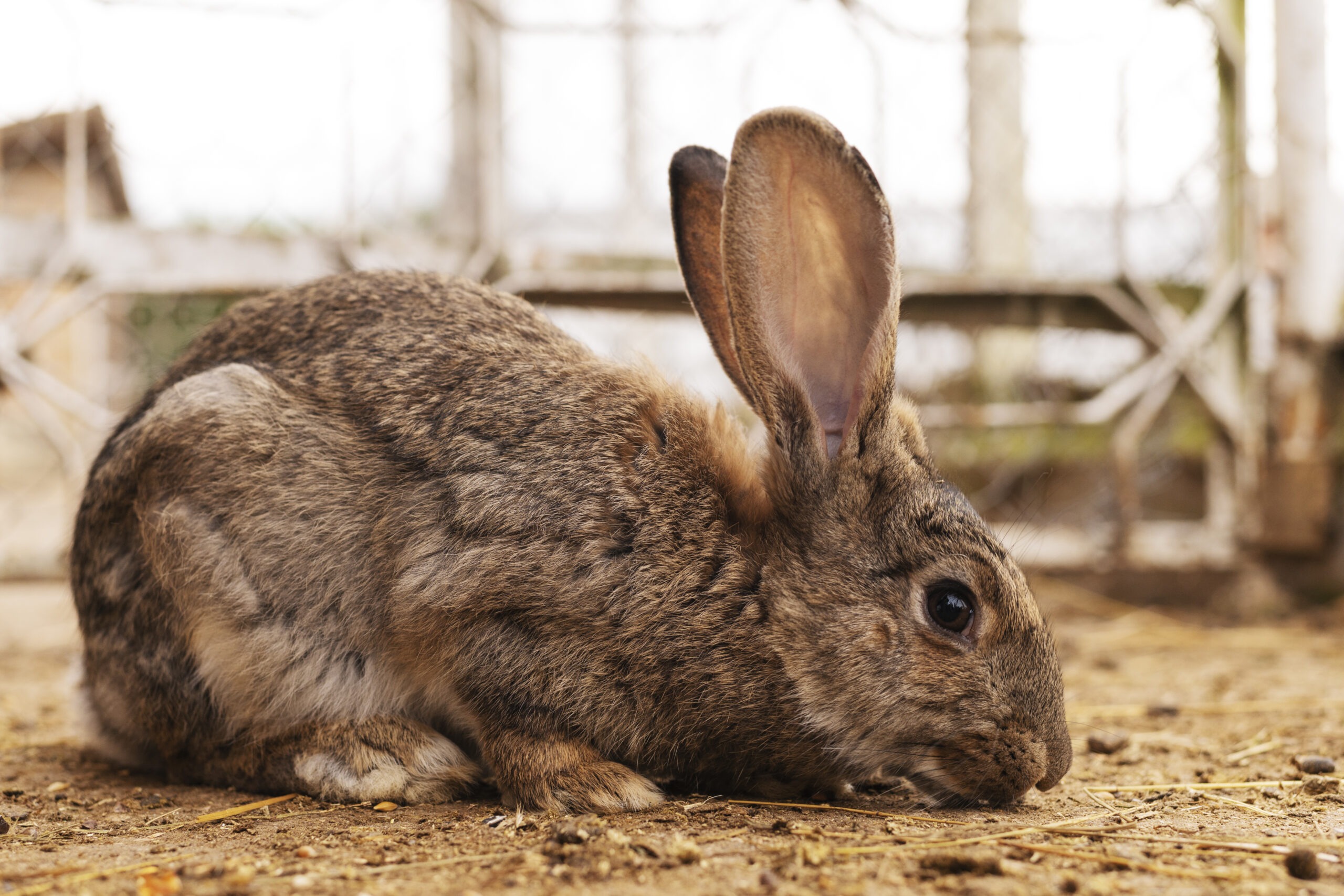Proper pet nutrition is a critical aspect of responsible pet ownership. Whether you’re caring for a cat, dog, or any other domestic pet, understanding their nutritional needs is essential for their health and well-being. Here’s what you need to know:
- Balanced Diet: Your pet’s diet should be balanced and tailored to their species, age, breed, size, and activity level. Consult your veterinarian to determine the best food for your pet’s specific needs.
- Commercial Pet Food: Commercial pet food, whether dry kibble or canned, is formulated to meet the nutritional requirements of pets. Look for products that have been approved by AAFCO (the Association of American Feed Control Officials) for complete and balanced nutrition.
- Protein: Protein is a fundamental component of your pet’s diet. Dogs and cats are omnivores, which means they require animal-based protein sources. Ensure your pet’s food contains high-quality protein to support their muscle development and overall health.
- Avoid Overfeeding: Overfeeding can lead to obesity and related health issues in pets. Follow the feeding guidelines provided on the food packaging and measure portions to maintain a healthy weight.
- Fresh Water: Always provide your pet with fresh, clean water. Hydration is crucial for their overall health and digestion.
- Treats in Moderation: Treats can be a useful training tool, but they should be given in moderation. Excessive treats can lead to weight gain and unbalanced nutrition.
- Homemade Diets: Homemade diets can be an option, but they require careful planning to ensure all nutritional requirements are met. Consult with a veterinarian or veterinary nutritionist if you choose this route.
- Avoid Toxic Foods: Certain human foods, such as chocolate, grapes, onions, and garlic, can be toxic to pets. Be aware of these dangers and keep them out of your pet’s reach.
- Life Stage and Health Considerations: Your pet’s nutritional needs may change over their lifespan or in response to specific health conditions. Regularly consult with your veterinarian to ensure your pet’s diet is appropriate for their life stage and any health concerns.









